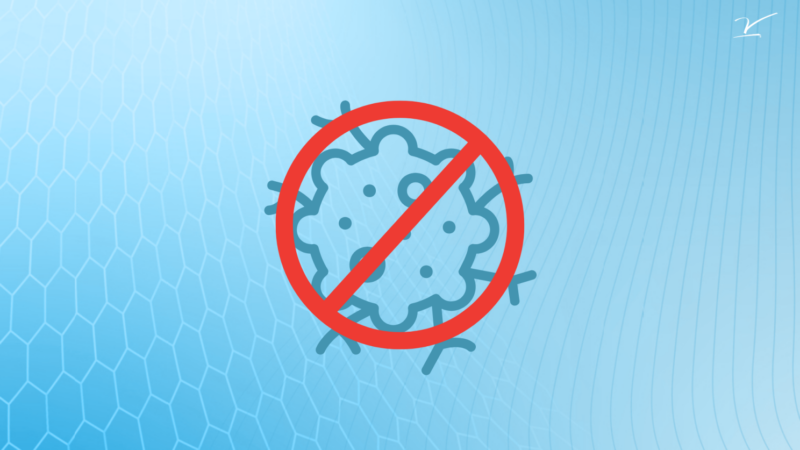“What I wish you knew about research in melanoma.
Together = better. Our researchers are proving that.
This the V Foundation funded study by Dr. Jessie Villanueva at The Wistar Institute offers new hope for patients with a particularly aggressive type of melanoma, one that resists standard treatments.
About 30% of melanomas have a mutation in the NRAS gene, which drives uncontrolled tumor growth. These cancers are especially difficult to treat because they don’t respond well to standard targeted therapies. Many cancer drugs work by shutting down key growth pathways, but NRAS-mutant melanomas often find ways to bypass these roadblocks, essentially rewiring themselves to survive. Patients with this type of melanoma have limited treatment options, making new approaches urgently needed.
Dr. Villanueva and team discovered a way to exploit a hidden weakness in these stubborn tumors: their dependence on fat metabolism. By shutting down a specific protein called S6K2, they disrupted how cancer cells process fats, leading to a dangerous buildup of unstable molecules. This triggered oxidative stress, a toxic overload that caused the cancer cells to self-destruct.
Even more exciting, Dr. Villanueva found a way to mimic this effect using a combination of two existing compounds: a PPARγ agonist (a drug that influences how cells use and store fat) and polyunsaturated fatty acids (healthy fats found in foods like fish and nuts). Together, these compounds pushed melanoma cells into a metabolic crisis, stopping tumor growth in tumor models.

